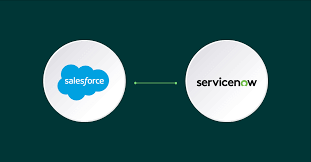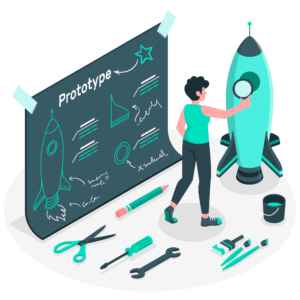Over the last decade or so, technology has been evolving at an exponential rate, affecting our personal lives in a number of ways. But it has also had a huge impact on the world of work, especially when it comes to accounting.
Some say that access to new software has made accounting much easier. Indeed, gone are the days when you’d need pens, paper and calculators to balance the books or verify ledgers. However, others believe that technology is simply enhancing an already established skillset.
“As our knowledge of technology increased, so has the accountant’s ability to analyse statistical values,” says accountant Agnes Ann Pepe. “Technology advancements have enhanced the accountant’s ability to interpret data efficiently and effectively.”
But what about speeding up the time it takes to prepare and process your accounts? Which technologies can reclaim hours that would be better spent elsewhere?
Accounting Software
Almost half of the small businesses in North America that don’t currently use accounting software plan to adopt it within the next one to two years, according to Capterra’s 2018 Top Technology Trends survey of more than 700 U.S. small and midsize business (SMB) leaders.
One of the main reasons why is because the time saved each week by using accounting software could save you thousands of dollars per year. Along with automating certain tasks such as sending invoices and preparing taxes, accounting software can also help you track how much money is coming in and going out.
“The future of accounting software will see more seamless, useful integrations, foolproof automation, and revolutionary analytics,” says Capterra’s Andrew Conrad. “These technological breakthroughs will let SMB leaders not only ensure the financial health of their business but also save time and money and identify areas for growth.”
Cloud Computing
Cloud computing is one of the most important developments in information technology over the past 10 years. Any hesitation to adopt cloud-based services because of security fears have fallen by the wayside, enabling businesses to capitalise on its extensive advantages.
Wherever you are, whatever time of day, you’ll be able to immediately access your financial data and accounting information, resulting in greater efficiency and productivity.
Ready-to-go cloud systems will significantly reduce your file-keeping responsibilities too, which can take a great deal of time and effort to maintain.
Artificial Intelligence
Emerging technologies such as artificial intelligence are supporting the transitional role of today’s accountant into a more critical thinking capacity, and can reduce operating costs, increase efficiency and save time.
As the Association of Chartered Certified Accountants (ACCA) and the Institute of Management Accountants (IMA) states in its report, Digital Darwinism: thriving in the face of technology change:
“Although an agent intelligent enough to replicate the human brain is not yet a reality, there are many examples that can demonstrate limited ‘intelligence’, depending on how this is defined. Intelligent behaviour can include: learning from experience, determining what is important, handling complex situations, understanding visual images, being creative or imaginative, and other characteristics.”
The more AI intervenes – and the better it becomes – the quicker you’ll be able to get with your admin.





